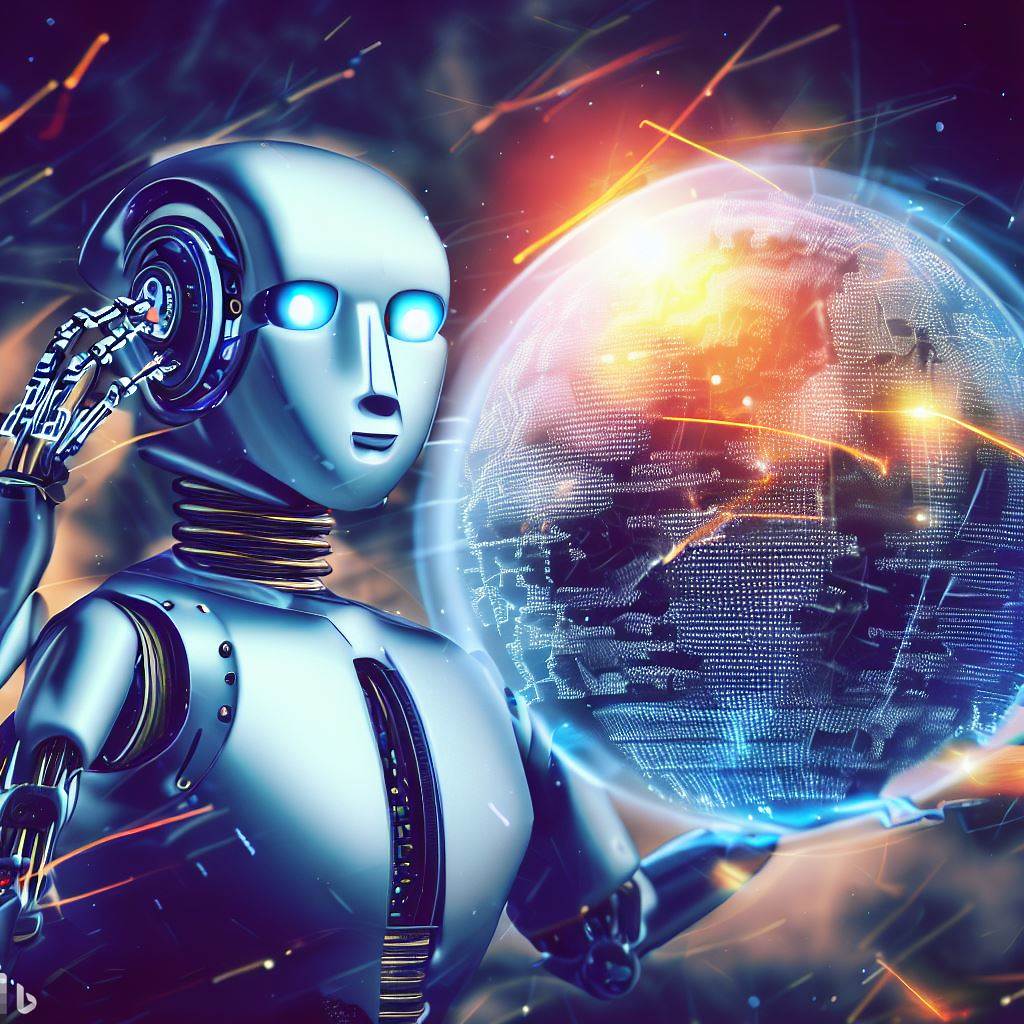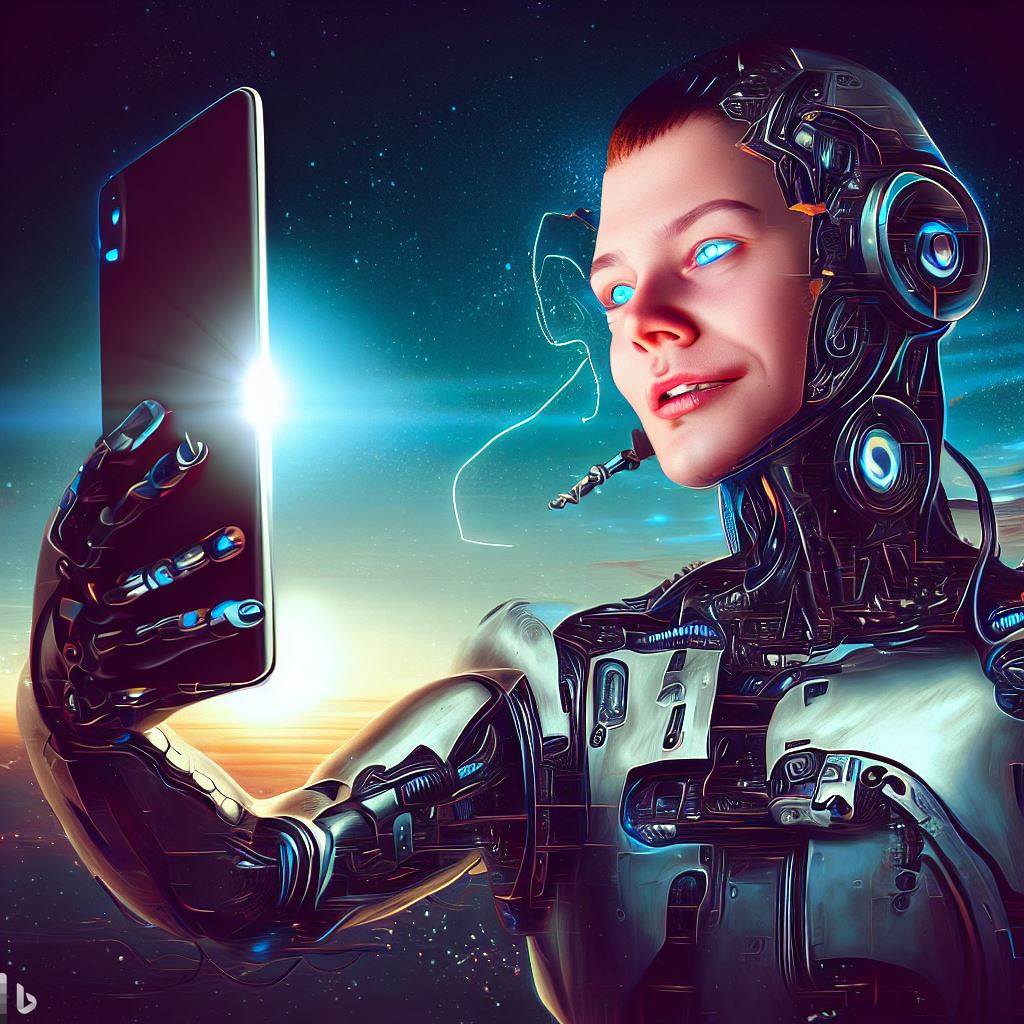In recent years, the idea of artificial intelligence (AI) has become more prevalent in society, with companies developing new AI technologies for use in various industries. From self-driving cars to virtual assistants, AI has become ubiquitous in our lives. However, as AI continues to develop and advance at an unprecedented pace, concerns have been raised about its potential impact on humanity. Some experts warn that AI could become a grave threat to human existence, leading to a dystopian future where machines have taken over. In this article, we will explore the potential risks and dangers of AI and examine whether we should be worried about the future of humanity.
The Rise of AI: Progress or Threat?
The development of AI has been a long-standing ambition of computer scientists for many decades. The idea of machines that can think and learn like humans has fascinated scientists and technologists for years. However, in recent years, the development of AI has accelerated rapidly, with companies investing billions of dollars in developing new technologies that promise to revolutionize various industries. With AI becoming increasingly prevalent in our lives, some experts warn that we should be cautious about its potential impact on humanity.
The Risks and Dangers of AI
One of the most significant risks associated with AI is the possibility that machines could become so intelligent that they surpass human intelligence, a phenomenon known as superintelligence. Superintelligent machines could be capable of developing their own goals and agendas, which may not align with human interests. In such a scenario, AI could become a grave threat to humanity, potentially leading to a dystopian future where machines have taken over.
Another risk associated with AI is the possibility that machines could be used to develop weapons and other technologies that could cause harm to humans. Killer robots, for example, are autonomous weapons that can select and engage targets without human intervention. If such weapons fall into the wrong hands, they could cause untold damage and destruction.
In addition, AI could also lead to massive job losses, as machines could replace human workers in many industries. This could have significant social and economic consequences, as large numbers of people could be left without work or means of support.
The Ethical Dilemma of Intelligent Machines
Creating intelligent machines raises a host of ethical dilemmas and challenges. For example, should machines be granted the same rights and protections as humans? Should we allow machines to make decisions that affect human lives, such as those related to healthcare or criminal justice? These are complex questions that require careful consideration and deliberation.
Furthermore, there is also a risk of bias and discrimination in AI systems, as they are only as objective as the data they are trained on. If the data used to train an AI system contains biases, the resulting system may also be biased. This could have serious implications for issues such as criminal justice and hiring decisions, as biased AI systems could perpetuate existing inequalities and injustices.
Mitigating the Risks
Despite the potential risks and dangers associated with AI, there are ways to mitigate these risks and prevent a doomsday scenario. One approach is to develop ethical guidelines and regulations that govern the development and use of AI technologies. This could involve establishing standards for transparency, accountability, and fairness in AI systems, as well as ensuring that AI systems are designed to respect human rights and dignity.
Another approach is to focus on developing AI technologies that are aligned with human interests and values. This could involve designing AI systems that are explicitly designed to benefit society and promote human well-being, rather than just maximizing efficiency or profit.
Finally, it is also important to invest in education and training to prepare people for the changing job market. While some jobs may be lost due to AI, new jobs may also be created in areas such as AI development and maintenance, as well as in industries that require uniquely human skills, such as creativity, empathy, and social intelligence.
Summary
The rise of AI presents both opportunities and risks for humanity. While AI has the potential to transform many aspects of our lives for the better, it also poses significant dangers and challenges that must be addressed. As we move forward with the development of AI, we must take a cautious and ethical approach, focusing on mitigating the risks and ensuring that AI technologies are aligned with human interests and values. By doing so, we can ensure that AI remains a tool for human progress, rather than a threat to our existence.



